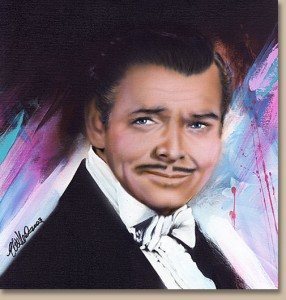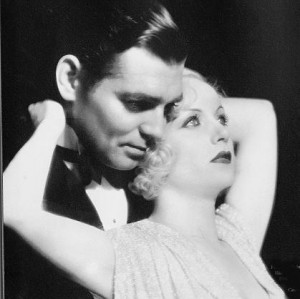Birth Name: Laurence Kerr Olivier
Born on May 22, 1907 in Dorking, Surrey, England
Died on July 11, 1989, near London
The English stage and motion-picture actor, director, and producer who was also known as Sir Laurence Olivier and Baron Olivier of Brighton, he helped rebuild London’s Old Vic Theatre Company after World War II. He was the first member of his profession to be elevated to a life peerage.
After many stage appearances as a child, Olivier enrolled at the Central School of Dramatic Art in 1924, then began his professional career with the Birmingham Repertory Theatre Company (1926-28). Later he played a supporting role in the original production of Noël Coward’s Private Lives, and he alternated the parts of Romeo and Mercutio with John Gielgud in Romeo and Juliet in London.
In 1937 Olivier joined the Old Vic, where he played many Shakespearean roles; on one memorable occasion, he played Hamlet to Vivien Leigh’s Ophelia in a production staged at Elsinore Castle (Kronborg Slot) in Denmark. After making a series of films in the United States, including Wuthering Heights (1939), Rebecca (1939), and Pride and Prejudice (1940), he returned to England to serve in the Fleet Air Arm during World War II.
In 1944 he became codirector of the Old Vic with the actor and producer Sir Ralph Richardson. Together, in the next six years, they directed the company in some of its greatest productions. Olivier’s notable successes in Shakespearean roles during that time included the title role in Richard III; Hotspur in Henry IV, Part I; and Justice Shallow in Henry IV, Part II. He also played Oedipus in Sophocles’ Oedipus Rex. He took the Old Vic to the United States in 1946 and a year later was knighted for his services to the theatre. He produced, directed, and played in film versions of Henry V (1944) and Hamlet (1948); for the latter he received an Academy Award in 1949. He also received an honorary award in 1979 for his contribution to film.
 From 1950 Olivier directed and acted under his own management, notably in Shakespeare’s Antony and Cleopatra and George Bernard Shaw’s Caesar and Cleopatra with Vivien Leigh, and as Archie Rice in The Entertainer (1957) by John Osborne. He became the director of the new, London-based National Theatre Company (1962-73) and also appeared there, notably, in the title role of Othello, in August Strindberg’s Dance of Death, and in Eugene O’Neill’s Long Day’s Journey into Night. In 1970 he was created a life peer and in 1981 received the Order of Merit. Among his many films of the 1950s and ’60s were The Beggar’s Opera (1953); Richard III (1956), for which he received a British Film Academy Award; and Othello (1965). In 1972 Olivier received the New York Film Critics Award for his performance in Sleuth. His later films include Marathon Man (1976), The Boys from Brazil (1978), and Richard Wagner (1982).
From 1950 Olivier directed and acted under his own management, notably in Shakespeare’s Antony and Cleopatra and George Bernard Shaw’s Caesar and Cleopatra with Vivien Leigh, and as Archie Rice in The Entertainer (1957) by John Osborne. He became the director of the new, London-based National Theatre Company (1962-73) and also appeared there, notably, in the title role of Othello, in August Strindberg’s Dance of Death, and in Eugene O’Neill’s Long Day’s Journey into Night. In 1970 he was created a life peer and in 1981 received the Order of Merit. Among his many films of the 1950s and ’60s were The Beggar’s Opera (1953); Richard III (1956), for which he received a British Film Academy Award; and Othello (1965). In 1972 Olivier received the New York Film Critics Award for his performance in Sleuth. His later films include Marathon Man (1976), The Boys from Brazil (1978), and Richard Wagner (1982).
Olivier also gave several television performances, for which he received several awards. He received an Emmy in 1973 for Long Day’s Journey into Night; another Emmy in 1975 for Love Among the Ruins, in which he played opposite Katharine Hepburn; and in 1976 he played Big Daddy in Cat on a Hot Tin Roof. In 1982 he received another Emmy for his performance in the series “Brideshead Revisited”, and in 1983 he brought a production of King Lear to television. His memoirs, Confessions of an Actor, were published in 1982.